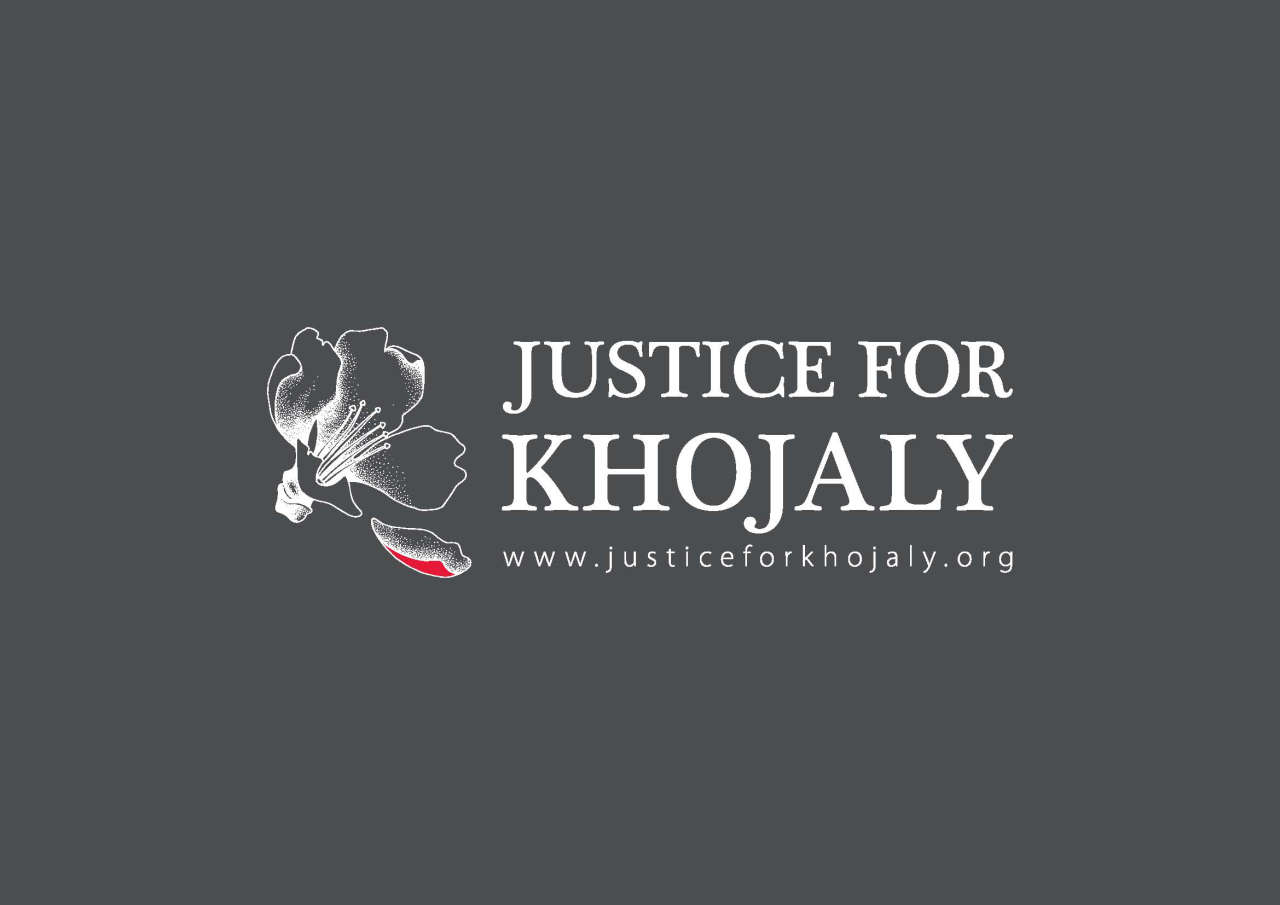Baku, Azerbaijan, Feb. 26
Trend:
Governor of the US State of Idaho Clement Leroy Otter signed an official declaration to acknowledge Feb. 26, 2016 as "Khojaly Remembrance Day" in Idaho, Azerbaijan's Consulate General in Los Angeles told Trend.
This is the first document recognizing Khojaly genocide adopted by the State of Idaho.
"On Feb. 25-26, 1992, the population of the town of Khojaly in Azerbaijan was subjected to a massacre, resulting in the deaths of more than 600 innocent civilians, including many women, children and elderly," said the declaration.
It was also noted in the declaration that the events in Khojaly are a sobering reminder of the terrible damage that can be inflicted in wartime and the enduring need for greater understanding, communication and tolerance among people around the world.
The document was also signed by Lawerence Denney, the Secretary of State of Idaho.
Thus, the number of states recognizing Khojaly genocide has reached 21 together with the State of Idaho.
On February 25-26, 1992, the Armenian armed forces, together with the 366th infantry regiment of Soviet troops stationed in Khankendi committed an act of genocide against the population of the Azerbaijani town of Khojaly.
The event became the largest massacre in the course of Nagorno-Karabakh conflict.
As many as 613 people were killed, including 63 children, 106 women and 70 old people were killed as a result of the massacre. Eight families were totally exterminated, 130 children lost one parent and 25 children lost both. A total of 487 civilians became disabled as a result of the onslaught. Some 1,275 innocent residents were taken hostage, while the fate of 150 people remains unknown.
The conflict between the two South Caucasus countries began in 1988 when Armenia made territorial claims against Azerbaijan. As a result of the ensuing war, in 1992 Armenian armed forces occupied 20 percent of Azerbaijan, including the Nagorno-Karabakh region and seven surrounding districts.
The two countries signed a ceasefire agreement in 1994. The co-chairs of the OSCE Minsk Group, Russia, France and the US are currently holding peace negotiations.
Armenia has not yet implemented the UN Security Council's four resolutions on the liberation of the Nagorno-Karabakh and the surrounding regions.






